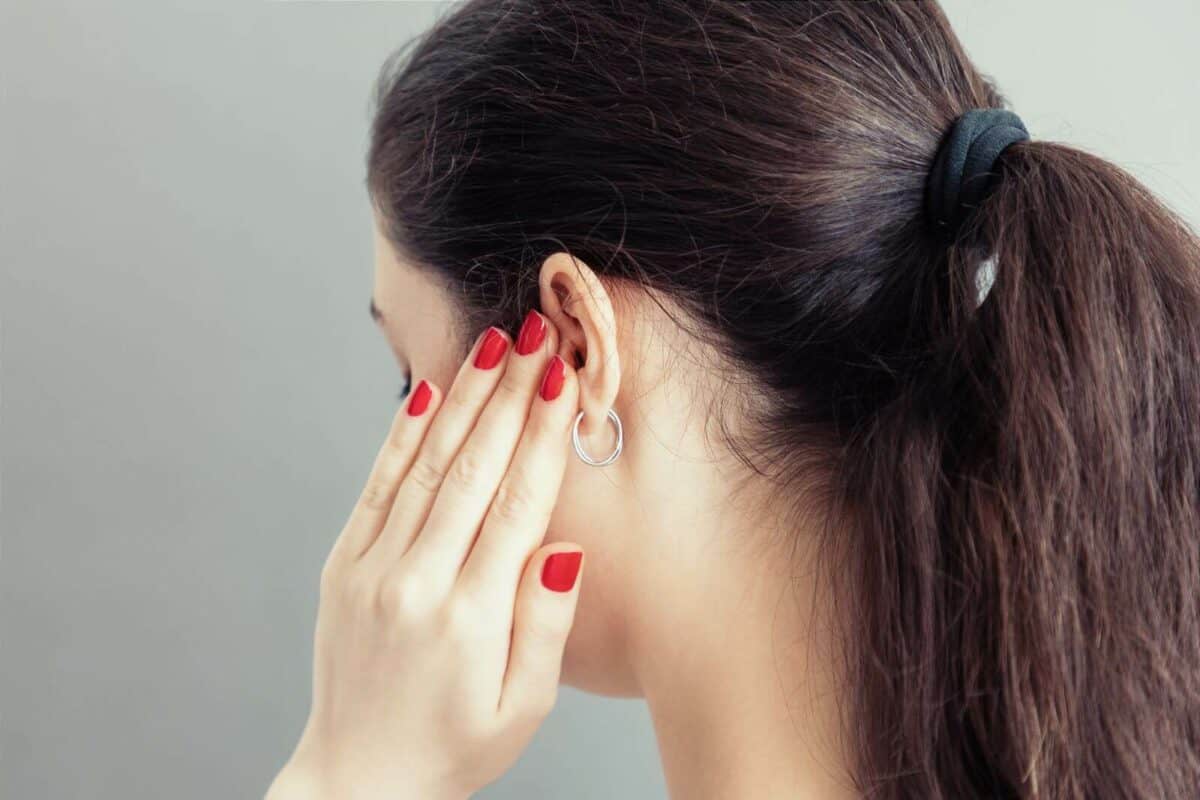- Strategies for Coping with Single-Sided Deafness - July 15, 2024
- How Summer Humidity Affects Hearing Aid Performance - July 3, 2024
- The Power of Body Language: Enhancing Communication for Those with Hearing Loss - June 28, 2024
Do you remember any time you had an ear infection as a kid? What may stand out the most is the excruciating pain and aching in the ears. If you have kids of your own now you may be wondering what you can do to avoid ear infections and if they do occur, what you can do to prevent them. It’s important to understand that ear infections are incredibly common, especially amongst children. This may be due to smaller ear canals which allow fluid to build up causing irritation and infection. Understanding the causes, effects and treatments for ear infections is the first step in preventing their frequency, causing pain, sleepless nights and even hearing loss.
What is an Ear Infection?
There are many types of ear infections which are common in the ear. This includes Otitis externa which is located in the external parts of the ear and otitis media which is isolated to the middle ear. In both types of ear infection, along with pain and swelling in the ear canal, a high temperature, pain in ears and neck and swelling are common. You may also not a white or yellow discharge from the ear canal. The major differences between the two are as follows:
- Otitis externa: you will notice that the outer ear will appear to be inflamed and red, and sore to the touch.
- Otitis media: you will note a feeling of “fullness” in the ear often accompanied by dizziness or vertigo.
Signs of Ear Infections in Children
In children diagnosing an ear infection has an added hurtle, especially for those who haven’t acquired language as of yet. This is common as ear infections are common in younger children and infants, still learning to speak. Look for these visual cues to help you diagnose a hearing loss:
- Tugging or pulling at one or both ears
- Out of the ordinary crying and fussing.
- Shorter naps and frequent wake ups.
- A fever, particularly in infants and toddlers
- Fluid draining from the ear.
- Noticeable balance issues.
- You notice they are less responsive to sounds, particularly quiet ones.
Addressing a Hearing Loss
If you suspect a hearing loss, it is important to address it as soon as possible by a medical professional. The first approach that doctors will take is to visually inspect the ear. Depending on the physical examination, many doctors will wait to see if the infection can clear up on its own, especially when otitis externa is diagnosed. The body may need time to fight the infection and in the meantime, you can use pain relief medications such as children’s ibuprofen or acetaminophen, or a soothing ear spray to relieve the pain while it resolves itself. However, if the infection has been present for an extended amount of time an antibiotic may help cure the infection faster.
Ear Infections and Hearing Ability
An infection causes swelling and as this affects the ear canal it can impede sound from reaching the inner ear, where sounds are sent to the brain. This type of hearing loss is called conductive, meaning there is a blockage between the ear and the brain. While most forms of hearing loss are permanent, the good news is that when treated as soon as possible, hearing loss caused by ear infections can be reversed by decreasing swelling. This allows the ear canal to open up again so sound can travel clearly through again.
However, in certain extreme cases of otitis media, infections can cause more long-term issues with hearing loss, due to more permanent damage in the ear canal. This is why if you or your child has an ear infection it is important to treat it right away!
Addressing Fluid Buildup
Fluid can get trapped in the ear canal causing pain and hearing loss. In many cases the fluid buildup will resolve on its own. However, if fluid buildup persists, or chronic and recurrent ear infections persist, then a surgical remedy can be considered. This is a very common surgery, especially in children, known as ear tube surgery. Not to worry—the procedure is rather straightforward. It’s an outpatient procedure in which a small hole is made in the eardrum and fluid is drained via a gentle suction. To prevent further infections a tiny drainage tube is inserted in the eardrum to prevent recurrent infections in the future.
If you or your child is struggling with an infection and it’s been affecting your hearing, don’t hesitate to reach out to us today for a comprehensive hearing exam.

